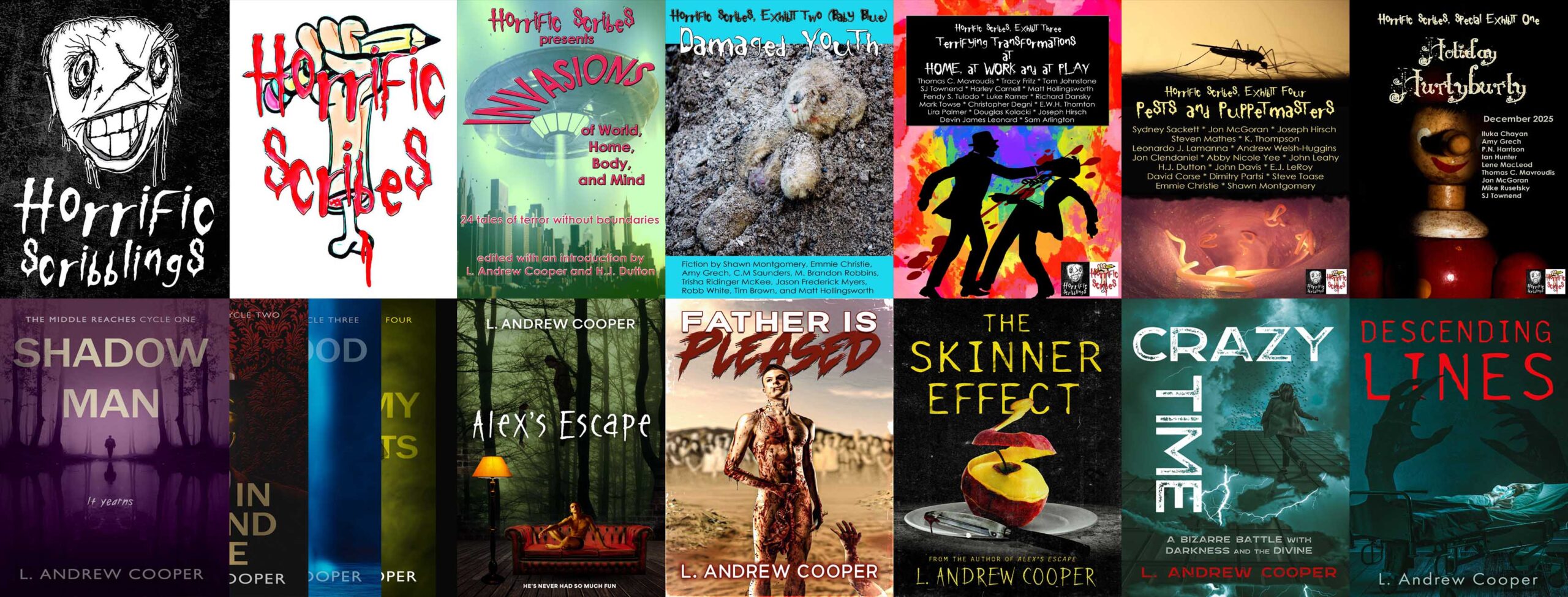Recent articles have lauded the movie The Witch for flying from the festival circuit to grace the mainstream’s megaplexes with its arthouse horror presence. I’m a snob about snobbery: while some arthouse fare is brilliant, a lot of it is pretentious crap. Please don’t misunderstand me. A lot of films in general are crap. I just prefer crap to be unpretentious. Otherwise, arthouse films have as much of a chance at being brilliant as other kinds of films, and that’s what irks me about critics getting in a twist over The Witch because it’s an arthouse film errantly appearing at a theater near you. The unstated assumption is that because of its origins, it has a better chance of being brilliant, and what’s more, there’s something unusual about brilliance being near you.
 This blog isn’t about The Witch, so before I go on: The Witch is good, not particularly pretentious and only a little artsy. Not in my top five similarly-themed films (maybe Suspiria, Antichrist, Haxan, Inferno, Rosemary’s Baby); perhaps top ten.
This blog isn’t about The Witch, so before I go on: The Witch is good, not particularly pretentious and only a little artsy. Not in my top five similarly-themed films (maybe Suspiria, Antichrist, Haxan, Inferno, Rosemary’s Baby); perhaps top ten.
So then, I’m talking about that familiar opposition between arthouse and mainstream, an opposition that usually valorizes the arthouse as good for you and therefore good. Also, there’s a sense that arthouse is not your house, at least if “you” are of the masses. Art opposes product, mass production and mass consumption, things for and by the masses. Art is, in a word, elite, and therefore it stinks of elitism. Art is art in part because it excludes masses.
But wait! Here’s the problem. Art comes from an art-ist. It comes from an individual, whereas mass production comes from a production company, a corporation. By opposing product, art also opposes the economy of scale that makes masses faceless.
I am not interested in theorizing art or artists here, but I am interested in a difficulty I feel, and I’m pretty sure I’m not alone in feeling, when I try to take a stand against arthouse snobs. “Arthouse” seems anti-democratic because it’s exclusive, but it seems democratic because it’s humanizing.
First, I’ve got to say that people who think indie/arthouse/festival-born films are automatically better than big-production studio pedigrees likely have not been to many film festivals. Imagine that actor you hate—you know the one—who seems to have a new movie out every time you turn around. Now imagine you’ve gone into one of that actor’s movies, except it’s not that actor, it’s someone just as annoying who reminds you of him, and no one else in the movie can act, either, and the sets are really fake, and the camera is off-center. And you’ve just noticed that one of the other leads is in the theater sitting next to you. And your seat is really uncomfortable. And the sound is a little tinny. No, not all, not even most indie/arthouse/festival movies are like that. But some of them are.
However, then you go next door, and you see this film directed by this woman you’ve never heard of starring this other guy who’s totally awesome with this girl who’s clearly going to be a star, and you think you should be going to film festivals every weekend. You settle in and have your brain massaged for about two hours, and when you’re done you feel edified and refreshed, the intellectual version of someone in a soft drink commercial, colored by your emotion of choice: fear, longing, joy, passion, sadness, rage. Your average indie/arthouse/festival experience doesn’t offer very many chances of getting off like that, but it might offer a few.
Sometimes the goods get you, but sometimes you do get the goods. Spitting on the arthouse snobs may reject one form of elitism, but too-copious spitting risks rejecting artists who do good work, artists who can’t help that ultimately, their work, too, has become a differently-branded form of product that carries its own advantages and disadvantages in different markets. Tempting as rough shaming may be, we must work to educate the ignorant snobs who think the origin of a thing (or a person) necessarily relates to its quality. Yes, some firmness of hand may at times keep them from forcing terrible films and the like down our throats. Otherwise, they can help to promote good ones, such as The Witch (and the others on my list of witch-y favorites) and study hard to learn that the claim to be acclaimed need not be self-fulfilling.


Comments are closed.